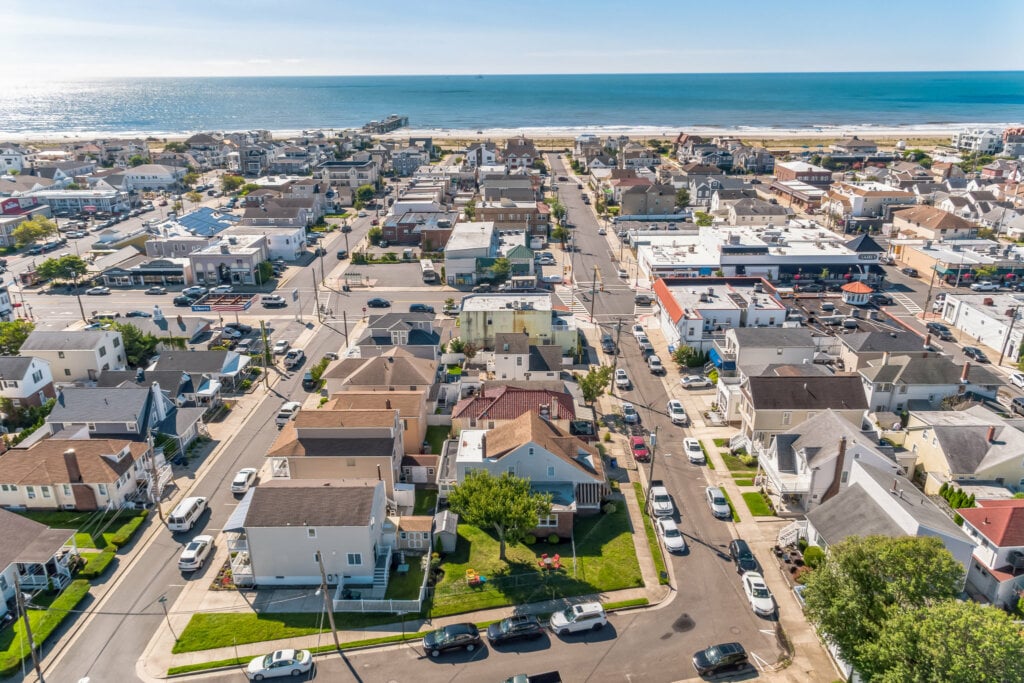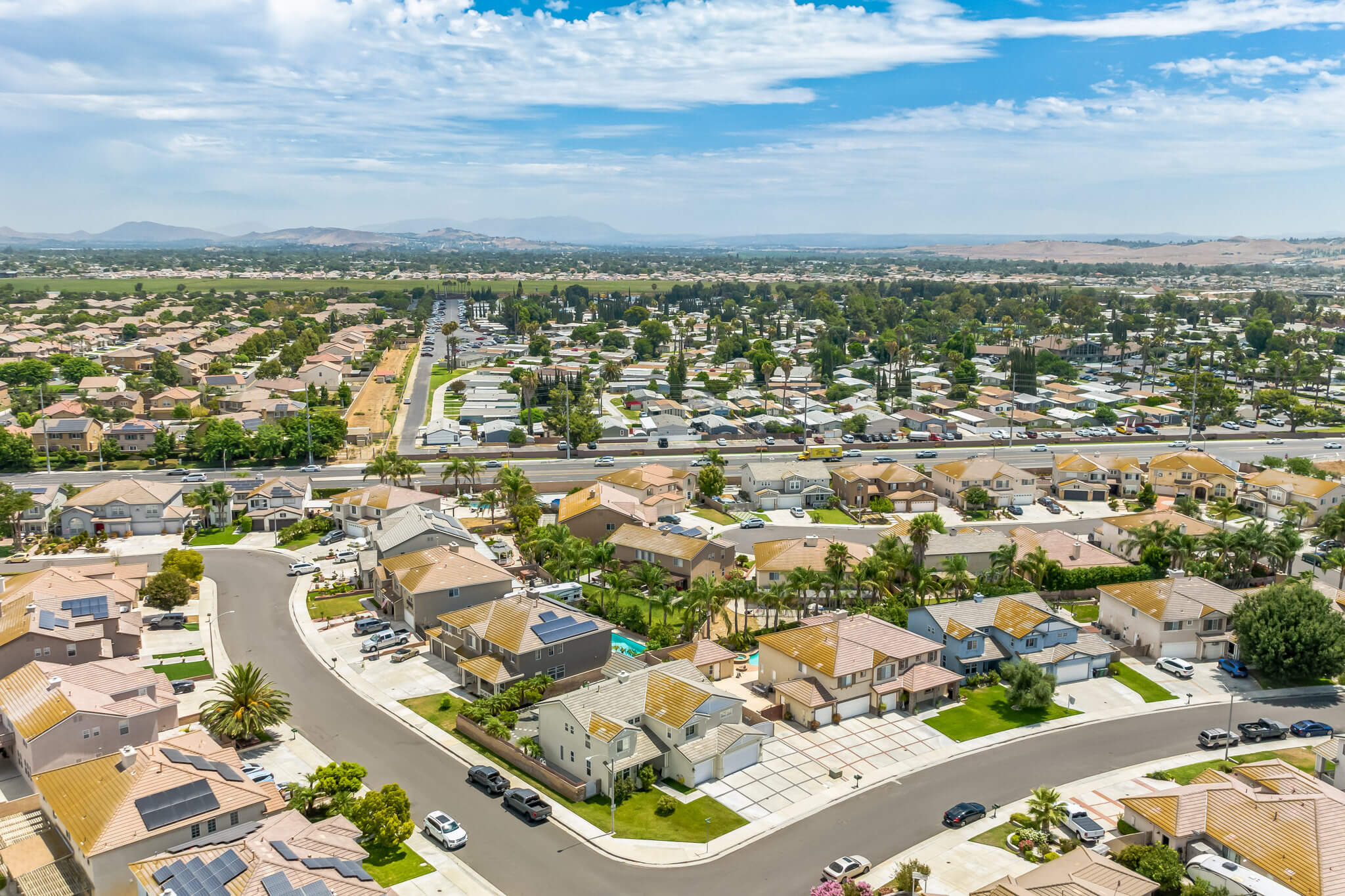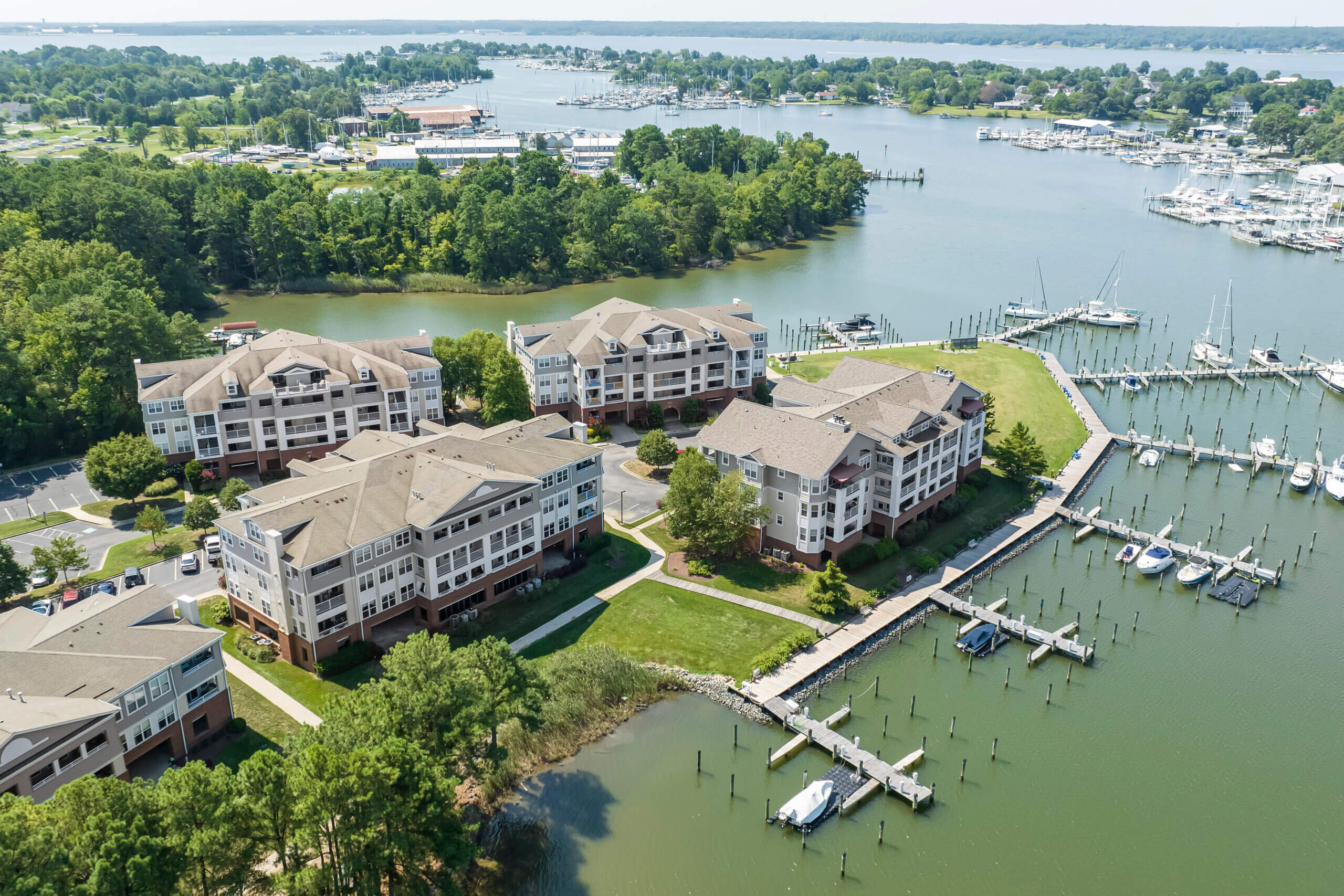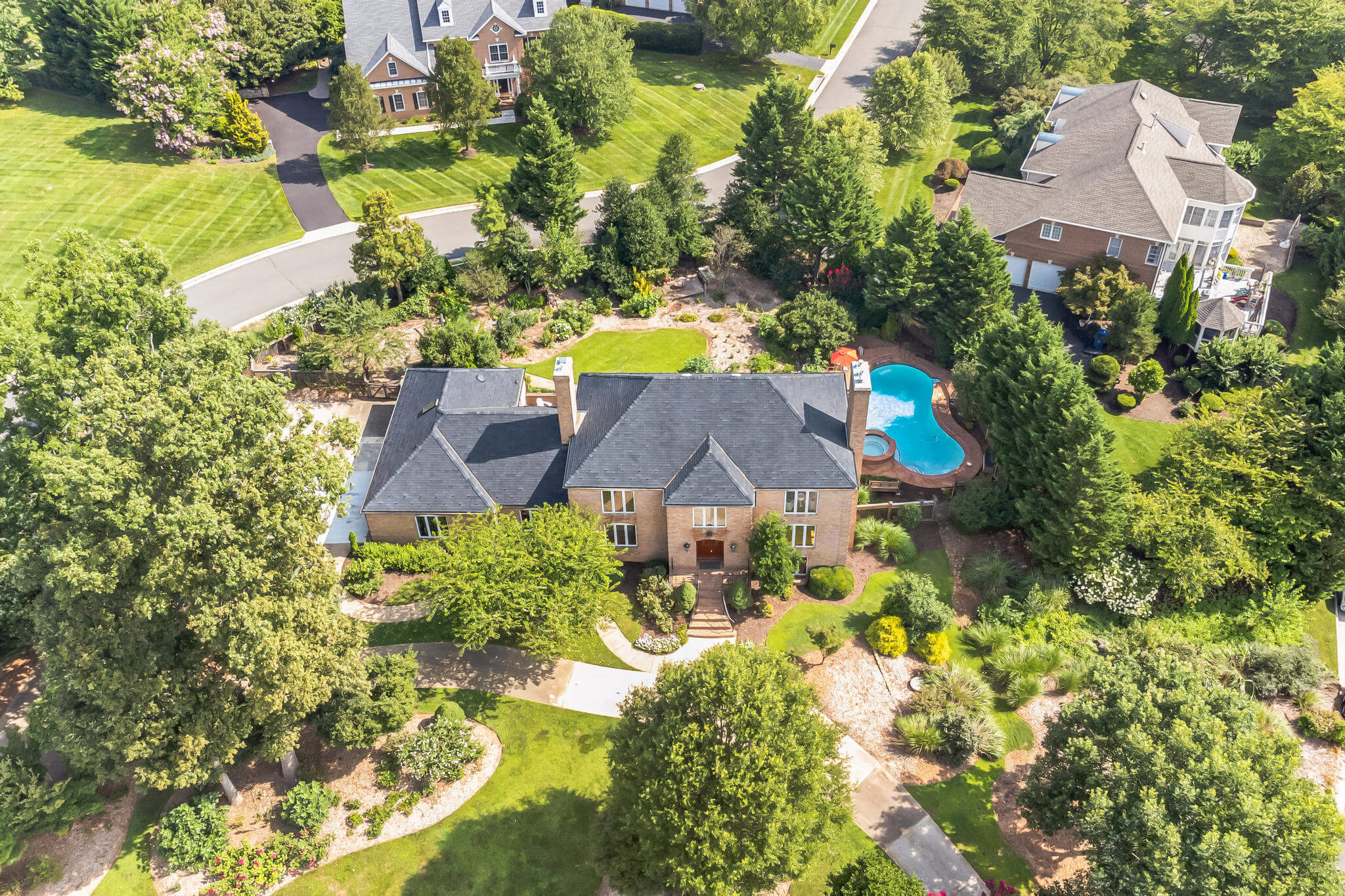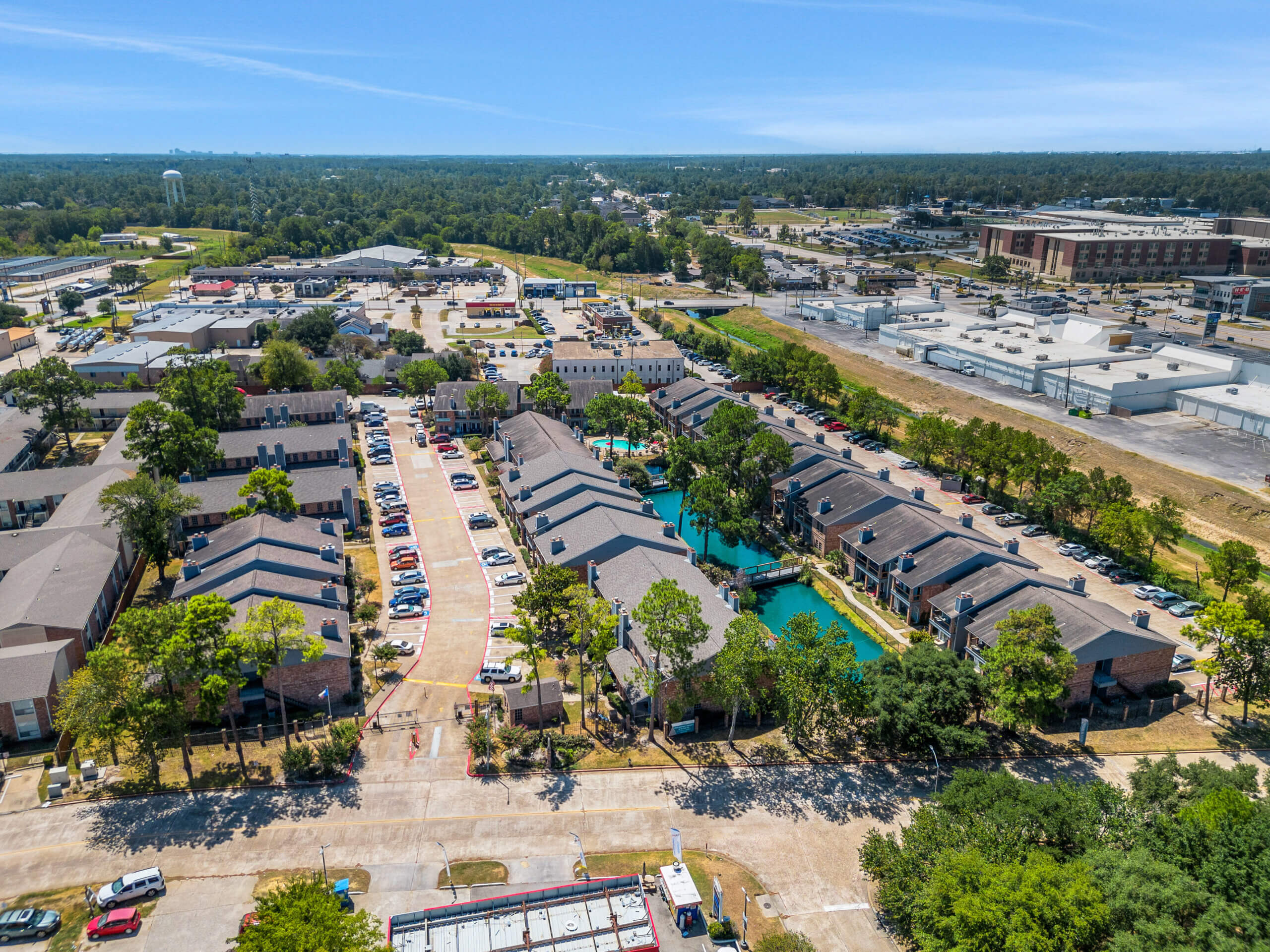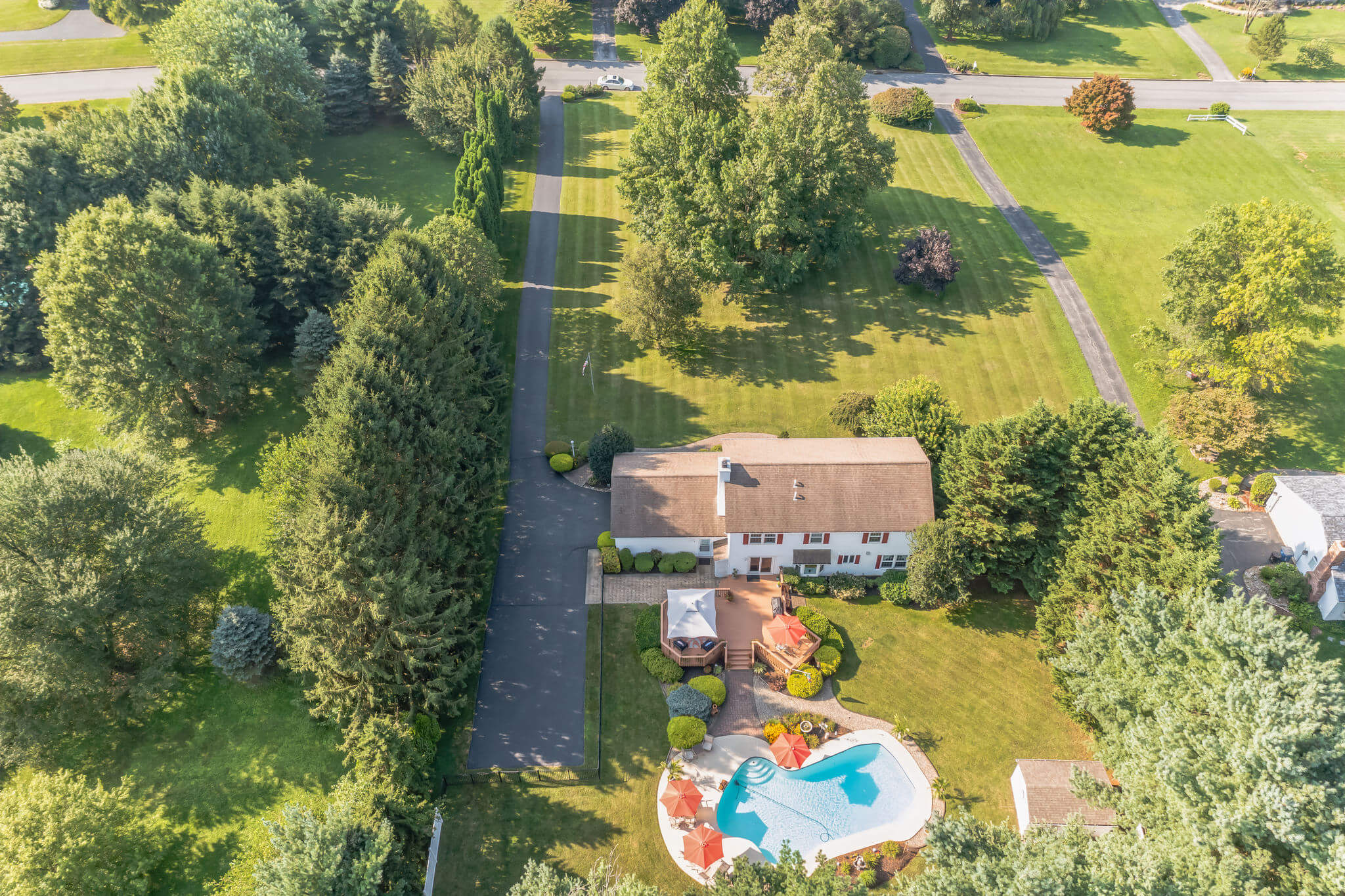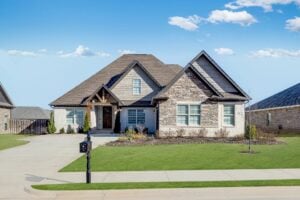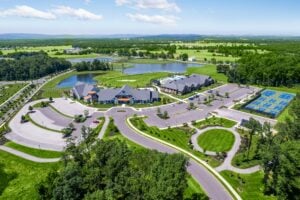Drones have revolutionized the world of photography, particularly in the real estate sector, providing unparalleled aerial views. Yet, with these advancements come notable concerns about privacy and drone photography safety.
It’s crucial for professionals in real estate to champion best practices, ensuring not only the effective use of drones but also the alleviation of public concerns. This article delves into drone photography safety guidelines and how the industry can be a beacon of responsible and innovative aerial imaging.
Drone Photography Safety Guidelines
1. Obtain Proper Certification
To fly a drone for real estate photography, you must pass the FAA test and become a certified pilot under Part 107. This involves taking an online course about drones and passing the test at the end. By becoming certified, you assure compliance with the law and a fundamental understanding of safe drone operations.
2. Register Your Drone with the FAA
If your drone weighs more than 0.55 lbs, you must register it with the FAA. Registration helps law enforcement locate any rogue drones that may be causing problems, and ensures that you are following the necessary regulations.
3. Follow Manufacturer’s Checklist
Always adhere to the checklist provided by the drone manufacturer. It will guide you through essential pre-flight checks, ensuring that the equipment is in good condition and safe for flight.
4. Keep the Drone in Sight
You must keep your drone within eyesight at all times. It enhances safety and allows for better control, making it easier to see what’s happening during the flight.
5. Avoid Heavily Populated Areas
Do not fly over highways or commercial areas with high foot traffic. It reduces the risk of accidents and ensures that people’s privacy and safety are respected.
6. Adhere to Height Restrictions
Stay below 250 feet unless the property has extensive land. In that case, you can fly up to 400 feet. These height restrictions help prevent accidents and conflicts with manned aircraft.
7. Be Conscious of Obstacles
Avoid obstacles such as power lines, trees, birds, and other potential hazards. Awareness of these factors will help in planning safe flight paths and prevent unexpected incidents.
8. Ensure Occupants’ Safety
Make sure occupants are located inside the house and not walking around the grounds during flight. Communication with property owners or tenants will help in coordinating this aspect.
9. Maintain Distance from Airports
Don’t fly your drone within five miles of an airport. It’s a critical safety measure that aligns with FAA guidelines, designed to prevent interference with manned aircraft operations.
Dealing with Neighbors
1. Remain Calm and Professional
If a neighbor approaches you angrily or with concerns, it’s essential to remain calm and professional. Explain that you are a certified drone operator, hired by the homeowner’s real estate agent for marketing purposes. Provide assurance that you are following all legal guidelines and safety precautions.
2. Respect Privacy Concerns
If a neighbor insists that their property not be shown in any shots, it is crucial to respect their privacy request. While you may have legal rights to photograph from the air, honoring a neighbor’s wishes in this regard can go a long way in maintaining good community relations.
3. Carry Identification and Necessary Documents
Keeping a digital copy of your FAA certification, your drone registration, and any email or text communication from the real estate agent or homeowner authorizing your work is paramount. Presenting these details to concerned neighbors can often alleviate concerns and attest to your legitimacy.
4. Consider Pre-emptive Communication
If possible, you may want to consider notifying neighbors in advance, particularly if you will be flying near property lines. A brief note or personal communication explaining the purpose and timing of your photography can alleviate concerns before they arise.
In Conclusion
As the drone industry continues to grow, so does the importance of drone photography safety. Understanding and adhering to legal guidelines, respecting neighbors’ privacy, maintaining professionalism, and staying informed about all the necessary safety aspects are vital for a smooth and successful experience in drone real estate photography.
Emphasizing drone photography safety not only protects you and those around you but also elevates the professionalism and credibility of your work in this exciting and burgeoning field.

